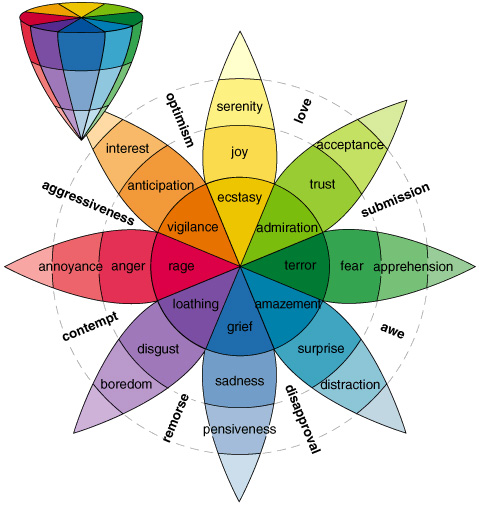Measuring Emotional Intelligence
15 March 2010

Measuring the Emotional Quotient (EQ) of potential employees is gaining in popularity, alongside personality assessments. EQ is the social equivalent of IQ, or Intelligence Quotient. Unlike one’s grade reports and personality attributes, asking about EQ has not become commonplace in interviews. It is common knowledge, however, that those with high EQs are more successful in life than those with lower EQs. Emotional intelligence in another important attribute that you should consider selling up in an interview.
The increase in stress-related illnesses in the workplace has had an influence on the increased demand for EQ testing. EQ can provide employers with an indication of how you might respond in high stress situations. A high emotional intelligence quotient in a workplace can translate into higher employee morale and overall wellbeing.
Studies indicate that over 80 percent of Fortune 500 companies use emotional intelligence assessments. Interviewers seldom ask directly about emotional intelligence: How do you deal with emotions at work – yours and those of others? Instead, they may try to assess your EQ through indirect questions: Are you a team player? How do you handle a difficult team member?
Unlike one’s IQ, emotional intelligence grows throughout one’s life. Job candidates focus on reaming off their skills but few have given thought to how communicate EQ. Even simple indications of emotional stability are helpful, such as a daily yoga or meditation practice, a perfect work attendance record, evidence of good team leadership skills. Consider also communicating how you facilitate the development of emotional intelligence in individuals and groups. There are lots of tools to help facilitate the growth of emotional intelligence.





